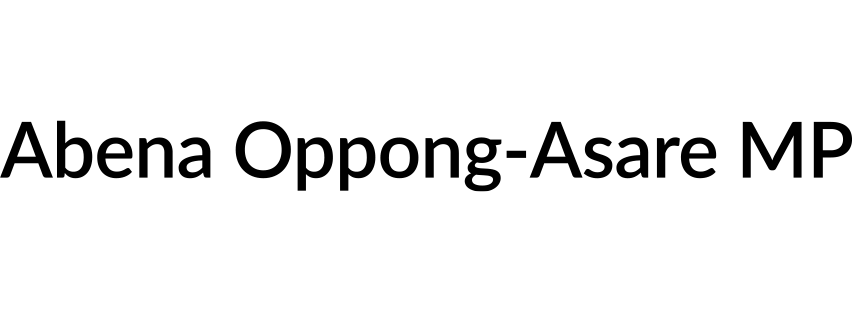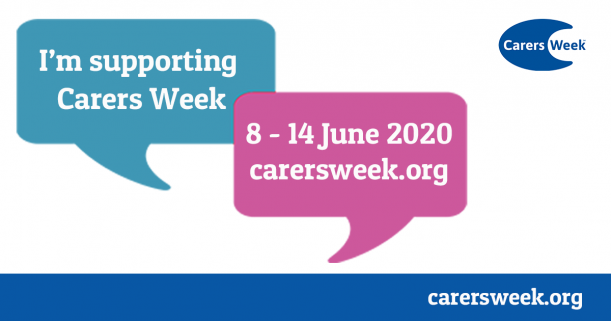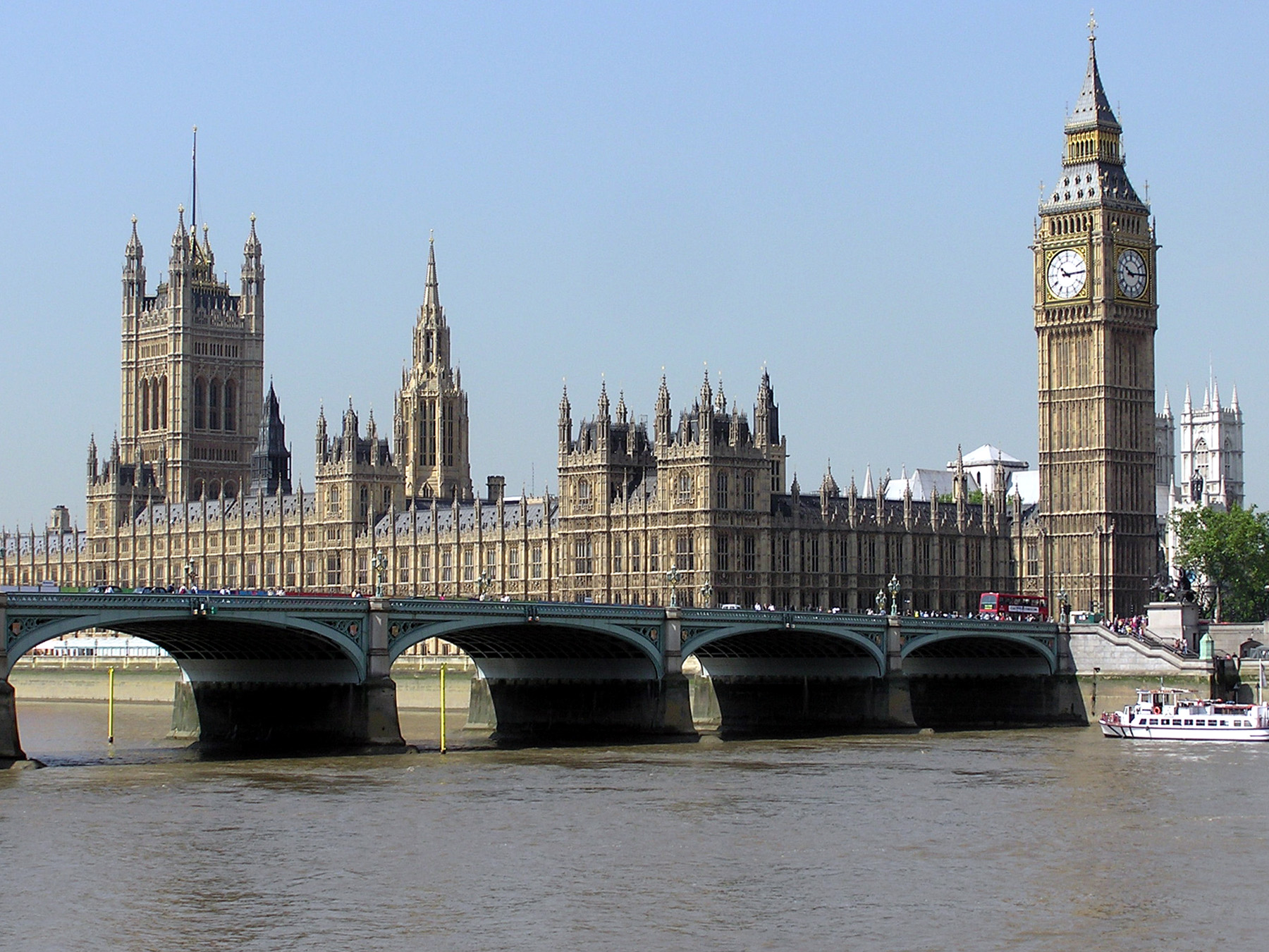Carers Week 2020: making carers visible
An extra 4.5 million people across the UK have taken on unpaid caring responsibilities as a result of the coronavirus pandemic. This is on top of the 9.1 million unpaid carers who were already caring before the outbreak, bringing the total to 13.6 million.
Unpaid carers are consistently undervalued by the Government and unrepresented in health and social care policy changes. Carers save the economy £132 billion per year, an average of £19,336 per carer, with 1.3 million providing over 50 hours of care per week. According to Carers UK, 600 people give up work everyday to care for an older or disabled relative.
I am sure these figures will shock many people as they are publicised during this week but the realities of being an unpaid carer are lived everyday by millions of people. Being an unpaid carer can be socially isolating and cause physical and mental health problems.
- 72% of carers responding to Carers UK’s State of Caring 2018 Survey said they had suffered mental ill health as a result of caring
- 61% said they had suffered physical ill health as a result of caring
- 8 in 10 people caring for loved ones say they have felt lonely or socially isolated
As well as the health and social challenges faced by unpaid carers, millions are also facing daily financial hardship. Carer’s Allowance is the main carer’s benefit and is £67.25 for a minimum of 35 hours, this equates to just £1.92 an hour.
No one should have to face the choice between caring for a loved one or receiving a fair living wage for their work, yet hundreds face this choice every day.
Unpaid carers contribute massively to the economy and to the lives of the people they care for but they need much more than our gratitude. They need a fair allowance to be able to support themselves and family members whilst still caring for loved ones. They need support from the Government, including a National Care Service so that everyone can access high level care for free.
The coronavirus pandemic has highlighted the need for carers both employed in the care sector and those taking on unpaid care responsibilities. If we continue undervaluing care work and failing to provide support systems for people as they get older, we risk pushing more people out of secure employment and into unpaid caring roles.
This National Carers Week 2020, I am pledging my support for unpaid carers – across Erith and Thamesmead and beyond.










